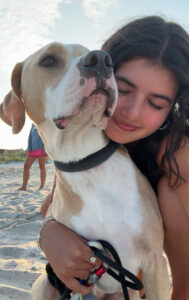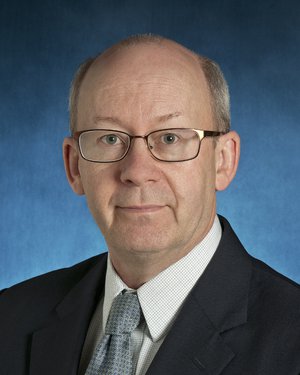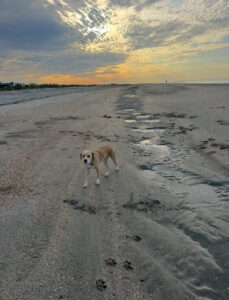
Podcast: Play in new window | Download
Heat Exhaustion Prevention and Awareness
It is that time of year in many parts of the country. Planning ahead of an event or extended time out in the heat is very important especially as we age or while pregnant.
Summer break does not end the competitive athletics. Kids of all ages are playing sports during the heat of the day all over the country this summer. This time of year poses a major risk of overheating for children and adolescents engaged in aggressive aerobic outdoor exercise. It is prudent to try to have vigorous workouts during the early morning hours preferably or later in the evening for the older kids who get to bed later by nature.
In our clinic, we have had admissions to the hospital for heat exhaustion and muscle breakdown known as rhabdomyolyisis. For example, a young man was practicing on the football field and overheated due to a combination of under hydration and excessive ambient temperature. Symptoms included excessive sweating, rapid pulse, muscle pain, nausea, vomiting and dizziness… and a literature review.
Enjoy, Dr. M






















